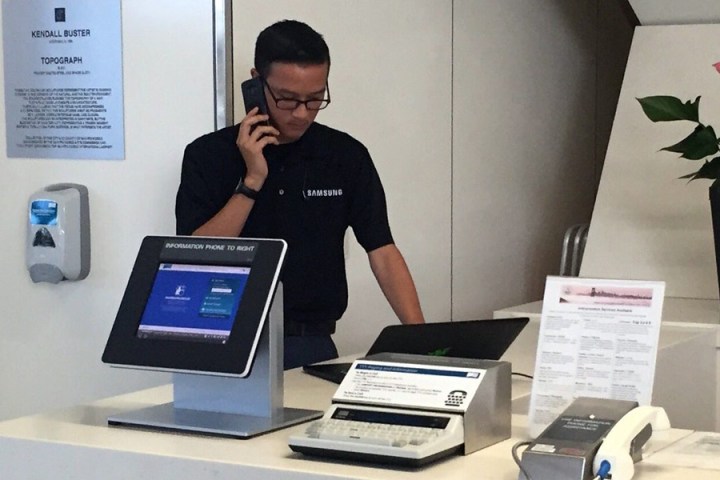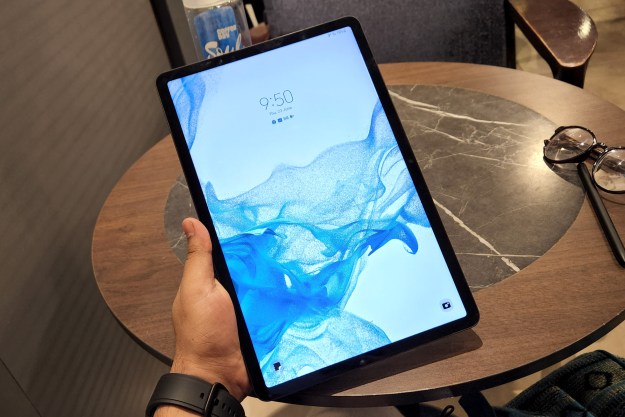
The Note 7 will go down as one of the biggest debacles in the history of commercial technology. Despite being a powerful flagship device, its battery suffered from overheating issues that led to more than 100 incidents that caused damage or harm to owners or their property – even when Samsung replaced them with a supposedly fixed version.
Samsung will have to recall 2.5 million of the devices, costing it more than a billion dollars and upwards of $10 billion in brand value and share value.
Related: South Korean government to investigate what’s causing the Note 7 fires
So now it has booths at airports. Travelers heading out of a number of Australian airports, as well as many of the biggest in the U.S. and Japan, will find Samsung representatives willing to exchange their Note 7 for an alternative. Anyone heading into an airport will have to exchange their phone too since taking one on a plane was recently prohibited in the United States.
Although it’s unlikely, taking one of the banned phones on an airliner could technically see perpetrators faced with a fine close to $180,000, as well as a maximum five-year jail term. Samsung clearly doesn’t need any lawsuits claiming that its product caused a customer to be criminally prosecuted, so it’s making sure that if anyone isn’t aware of the issue, and heads to an airport with their Note 7 intact, they will have a chance to exchange it before boarding a plane.
Samsung is also taking steps to assure people that not all Samsung devices need to be exchanged, only the Galaxy Note 7. The Galaxy S7, for example, is absolutely fine and is often offered as an alternative handset to those affected.
Editors' Recommendations
- The Samsung Galaxy Watch 7 just got a lot more exciting
- Samsung Galaxy Watch 7 Ultra: news, rumored price, release date, and more
- Samsung Galaxy Watch 7: news, rumored price, release date, and more
- I’m glad the Samsung Galaxy Note died when it did
- Samsung has a cheaper (and greener) way to buy a Galaxy S22


